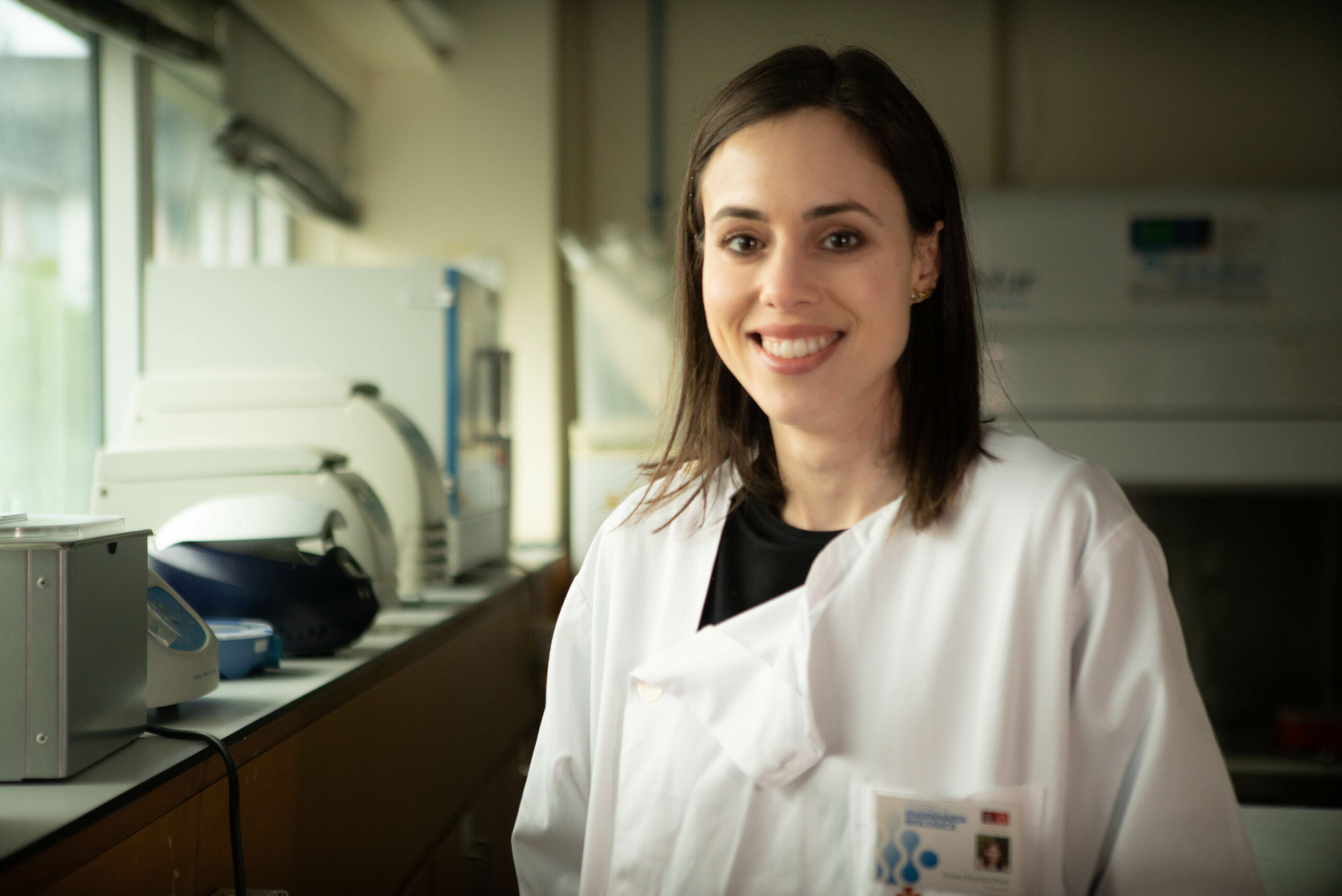L’Oréal Portugal Medals of Honor for Women in Science

Today, February 19, the names of the four young Portuguese scientists who won the 16th edition of the L'Oréal Portugal Medals of Honor for Women in Science were announced.
Diana Priscila Pires, from the Center for Biological Engineering – University of Minho; Cristina Godinho-Silva, from the Champalimaud Foundation; Ana Rita Carlos, from the Center for Ecology, Evolution, and Environmental Changes (cE3c) – Faculty of Sciences, University of Lisbon; and Ana Luísa Gonçalves, from the Laboratory of Process Engineering, Environment, Biotechnology, and Energy – University of Porto, saw their work recognized with an individual prize of €15,000, which aims to support and encourage the continuation of their research.
The four researchers, who already hold PhDs and are aged between 30 and 34, are conducting research in areas as diverse as resistant bacteria, muscular dystrophy, immune cells, and microalgae. These winners were selected from more than 80 candidates by a scientific jury chaired by Alexandre Quintanilha.
DIANA PRISCILA PIRES
Biological Engineering Center, University of Minho
Combating Pseudomonas aeruginosa, an antibiotic-resistant bacterium associated with serious hospital infections and high mortality, is the major challenge facing Diana Priscila Pires' research. The researcher aims to develop a genetic editing tool that will enable her to improve the antibacterial properties of bacteriophages, which combat infections caused by Pseudomonas aeruginosa, already considered by the World Health Organization (WHO) as a risk to public health. Bacteriophages—also known as phages—are bacterial viruses that have no adverse effects on humans but can infect and attack harmful bacteria. Each type of phage acts on a specific bacterium, so once the corresponding bacteria and phages have been identified, the latter can be used to combat the former naturally.

CRISTINA GODINHO-SILVA
Champalimaud Foundation
Cristina Godinho-Silva holds a PhD in Biomedical Sciences (2014) from the Faculty of Medicine of the University of Lisbon. In other research projects, she found that the biological clock, controlled by the brain, regulates a group of immune system cells—innate lymphoid cells type 3 (ILC3s). These are essential for maintaining the health and proper functioning of vital organs, such as the intestines. She then found that changes in rhythms, schedules, and sleep habits affect the amount of these immune cells in the intestine, which are then unable to protect and keep this organ healthy. The researcher now intends to further analyze how the biological clock (circadian rhythm) regulates ILC2s in the kidneys and whether the lack of this regulation can compromise the function of these cells and contribute to diseases such as kidney failure and other kidney-related diseases. At the same time, she also intends to explore the same causality in relation to the lungs and pathologies associated with this organ, such as allergies and asthma.

ANA RITA CARLOS
Center for Ecology, Evolution, and Environmental Changes (cE3c), Faculty of Sciences, University of Lisbon
With a PhD in Radiobiology from the University of Oxford (United Kingdom) in 2013, Ana Rita Carlos's research seeks to understand how merosin-negative congenital muscular dystrophy (MDC1A) develops. This is a form of muscular dystrophy associated with genetic mutations (LAMA2 gene) that lead to changes in muscle cells while still in the womb and which, in the future, compromise the ability to walk, swallow, and even breathe.
The researcher aims to identify the mechanisms that trigger muscle changes and, in particular, to understand whether mutations in the LAMA2 gene could lead to premature aging of muscle cells (senescence) and the consequent loss of their functionality.

ANA LUÍSA GONÇALVES
Laboratory of Process Engineering, Environment, Biotechnology, and Energy (LEPABE), Faculty of Engineering, University of Porto
Are microalgae capable of assimilating the nitrogen and phosphorus that remain in industrial effluents even after treatment? And how can their biomass be valorized in new applications?
These are some of the questions Ana Luísa Gonçalves is seeking answers to. Her research aims to assess the potential of microalgae to treat industrial effluents more efficiently and sustainably, which, even after primary and secondary treatment, continue to have high concentrations of nitrogen and phosphorus. These two nutrients have negative impacts on aquatic ecosystems—with legal limits to be met—but because they are essential nutrients for microalgae, they contribute to their growth and richness, whose biomass can also be used in new applications.
The event was attended by the Minister of Science, Technology, and Higher Education, Manuel Heitor; the Vice President of the Assembly of the Republic, Edite Estrela; the Minister of State and the Presidency, Mariana Vieira da Silva; the Secretary of State for Citizenship and Equality, Rosa Monteiro; Secretary of State for the Valorization of the Interior, Isabel Ferreira; President of FCT, Helena Pereira; CEO of L'Oréal Portugal, Cátia Martins; President of the Awards Jury, Alexandre Quintanilha; and President of Ciência Viva, Rosalia Vargas.
This initiative stems from a partnership between L'Oréal and UNESCO, established in 1998, called "L'Oréal-UNESCO For Women in Science." In 2004, the L'Oréal Portugal Medals of Honor for Women in Science were created in Portugal, an initiative that brings together L'Oréal Portugal, the UNESCO National Commission, and the FCT - Foundation for Science and Technology. In 16 years, 53 young researchers have been awarded in Portugal.